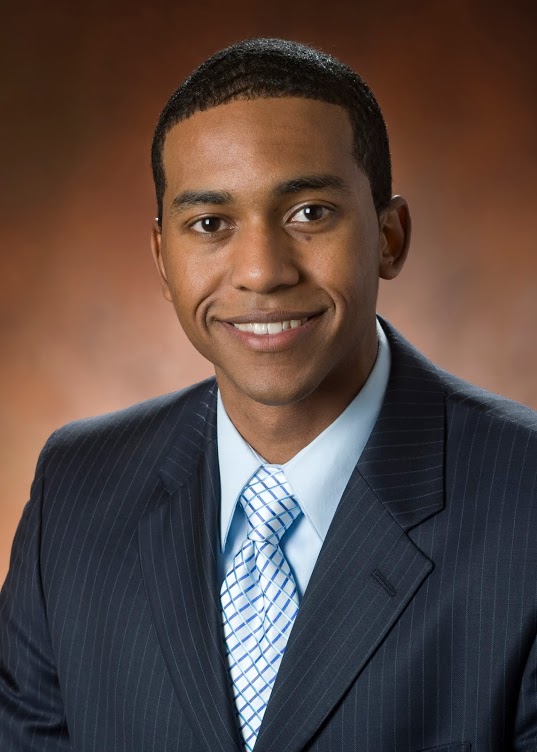Over the next few weeks we’ll be introducing you to this year’s Alumni Award winners. The UMBC Alumni Association proudly honors distinguished alumni and faculty for their accomplishments and dedication to UMBC. Today we’re talking wit h Isaac Kinde ‘05, biological science, about his research with cancer diagnostics.
h Isaac Kinde ‘05, biological science, about his research with cancer diagnostics.
Name: Isaac Kinde ’05, biological science
Title: M.D./Ph.D. Candidate, The Johns Hopkins University School of Medicine
Award Category: Rising Star
Q: Please tell us a little about why you chose to attend UMBC and what, if any, involvement you have with the university currently.
The Meyerhoff Program was the most important reason why I chose to attend UMBC as a California native. Its immersive scientific experience was attractive, but I was even more excited about the opportunity to be closely surrounded by like-minded peers. The engagement of the faculty, staff, and administration further inspired confidence in my decision. I now return yearly to help interview candidates for the Meyerhoff Program.
Q: Is there a particular class or professor at UMBC who really inspired you?
Working with my research mentor, Dr. Michael Summers, was transformative. It was then I recognized that the best way to learn science was to do science. Having no prior research experience, I remember his patience and commitment to mentorship being central to my persistence in the lab. Equally memorable was how much fun I had. The group skiing trips, picnics, and mountain biking outings were great ways to bond with my colleagues and blow off steam. As a direct result of his mentorship, I ended up applying to combined M.D. /Ph.D. programs instead of solely pursuing my M.D.
Q: Please tell us a little about the trajectory of your career and what you are working on now:
My doctoral research produced novel cancer diagnostics based on improvements in DNA sequencing technology. Example applications include a prototype screening test for ovarian and endometrial cancer from Pap smear specimens, a noninvasive method of monitoring bladder cancers from urine, and a revelation in the development of treatment resistance from analyzing the blood of patients with colon cancer. With the help of my mentors and collaborators, I have published descriptions of these technologies and applications in leading scientific journals and submitted several patent applications detailing the inventions. Encouragingly, this work has attracted considerable attention from industry, spurring partnerships to facilitate its commercialization. The ultimate goal is to bring meaningful cancer diagnostic tests to the clinic – where the real difference to patients’ lives can be realized.
Q: What has been the greatest success in your career? The greatest challenge?
My greatest challenge led to my greatest success. When I began the graduate school portion of my training program, I joined a team working on applying new technologies to detect cancers at early, highly curable stages. We repeatedly identified the wrong technology to accomplish our goal, but the potential impact of finding the right technology kept us going. Three years later we created the technology we needed – a method that significantly improved the accuracy of commercial next- generation DNA sequencers. It wasn’t an easy process but the benefits of our technology have made the effort worthwhile. We’re now developing this technology for use in the earlier detection and optimal management of several cancers.
Check out the other Alumni Award winners.
Tags: Biological Sciences, cancer, Dr. Michael Summers, Meyerhoff Program

